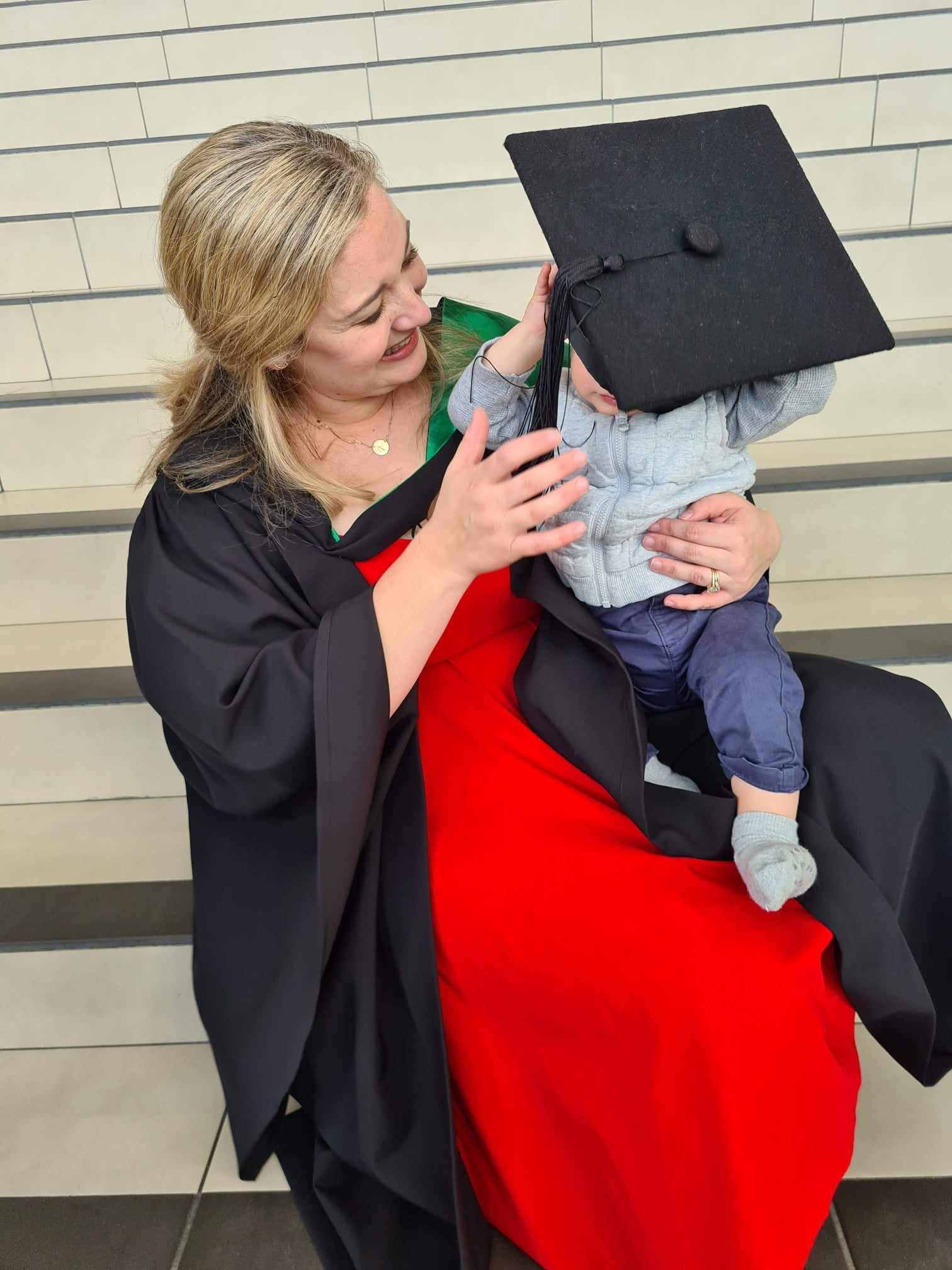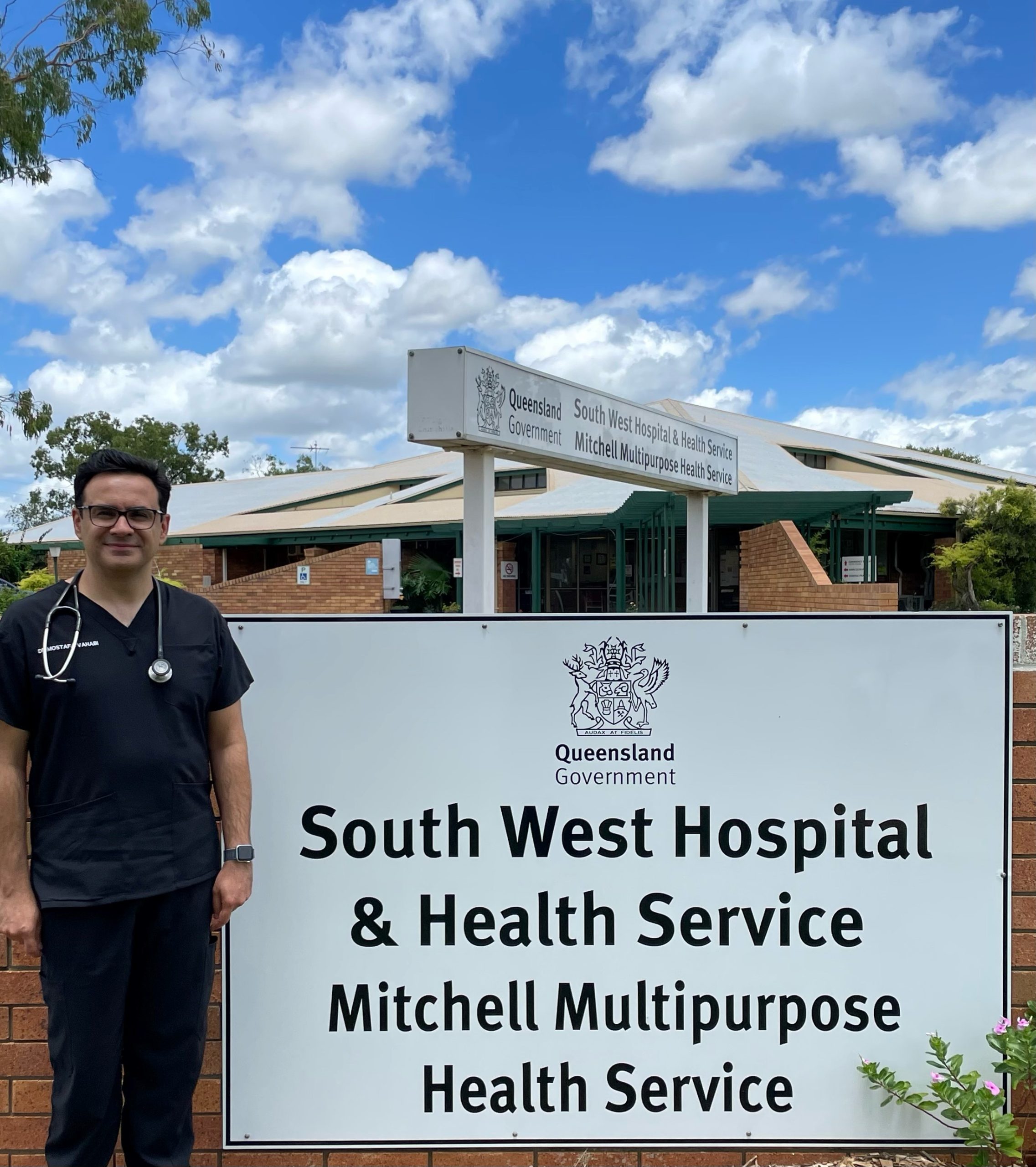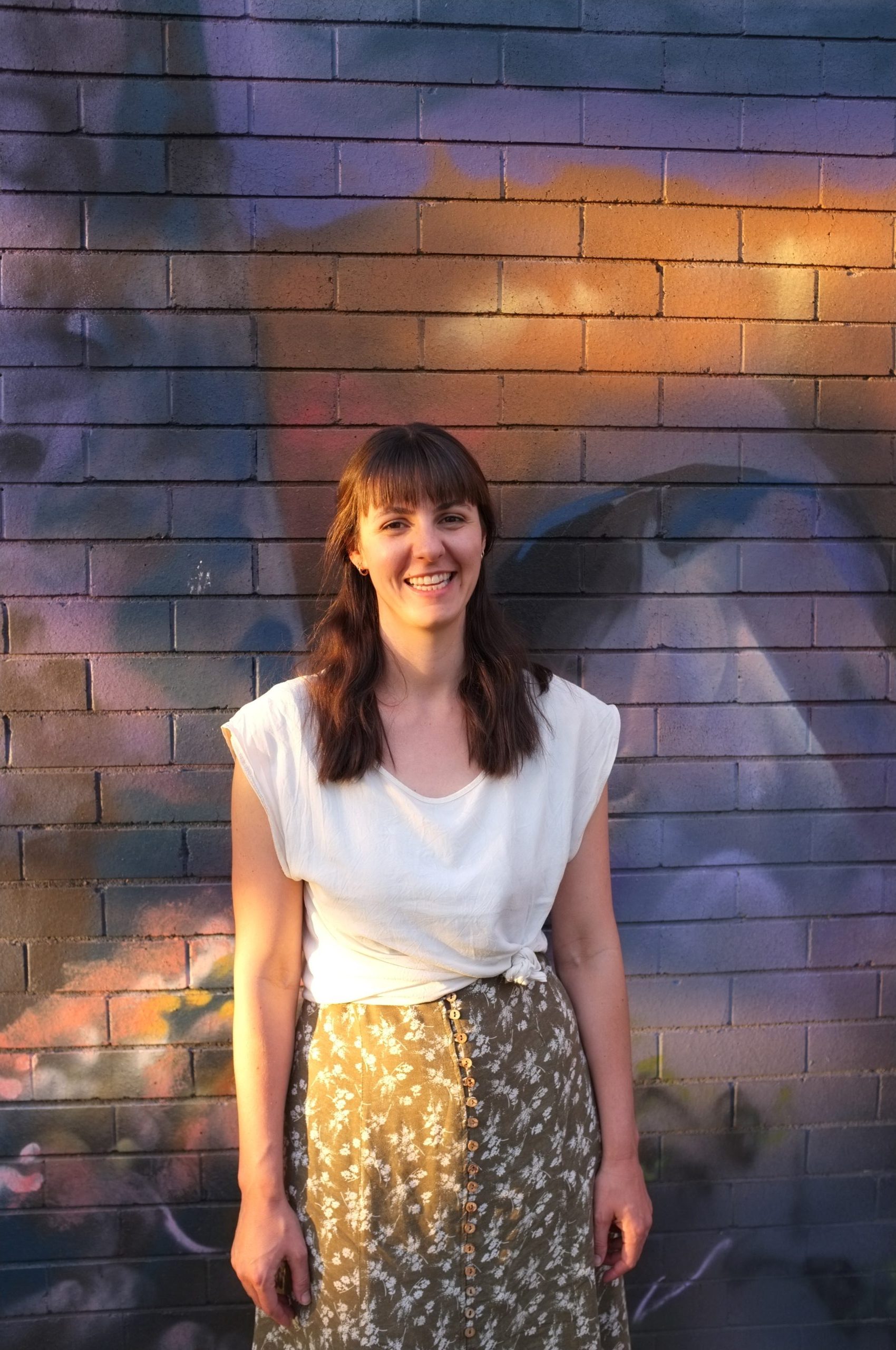This year has seen increasing awareness and conversations about health professional wellbeing, in both the public and the professional domain. We’ve had new stories, strategies and even a new World Health Organization (WHO) definition of burnout. With the anniversary of R U OK? Day recently, it seems timely to take a moment, reflect, and ask ourselves how we look after each other as health professionals and Rural Generalists.
What is Burnout
If you’ve missed the headlines, WHO came out and put a formal label on this somewhat common occupational phenomenon in May this year.
“Burn-out is a syndrome conceptualized as resulting from chronic workplace stress that has not been successfully managed. It is characterized by three dimensions:
- feelings of energy depletion or exhaustion;
- increased mental distance from one’s job, or feelings of negativism or cynicism related to one’s job; and
- reduced professional efficacy.”
The key point here is ‘not successfully managed’. We all have stress, it’s physiologically useful and ubiquitous. It becomes a problem when there is a consistent and persistent mismanagement of this chronic stress in the workplace. Solving this comes from more than just individual resilience. It often requires a combination of intervention, change, extra training, management and leadership.
WHO are quick to point out this is not a medical condition, but it can certainly add to one or impact on the well being of our colleagues ourselves.
Keeping an eye out
Working in a small team is just one of the many joys of Rural Practice. An individual can be a mix of colleague, friend, neighbour, boss, patient and even treating doctor. Unlike (thankfully!) the heaving masses of larger hospitals, we have the privilege of being able to look out for each other on a daily basis.
Signs to watch out for include; withdrawal from conversations and social events, reducing efficiency at work, appearances of exhaustion at the start of most days, increasingly asking for second opinions or help making decisions. If there is an emerging pattern, don’t turn a blind eye. Use your clinical experience, common sense and compassion, or find someone who can. Find or engineer an appropriate time, place and method of asking how they are going. Without drawing you an algorithm on how to suck an egg – this needs to be genuine, timely and tailored to the individual and probably (given the ongoing stigma) fairly assertive and persistent!
In the consult room
If you’re lucky enough to be entrusted with the care of another health professional, don’t forget they are a patient! This becomes essential if the dynamic becomes tricky or complex. In the hardest of situations, I find it incredibly important to remember, in that consult room, you are their confidant, advocate, and you should act single mindedly in their best interest (keeping within statutory requirements and professional boundaries of course). There is a person behind that decision, situation or behaviour and they need and want help.
Sounding like a broken record
It’s been said a million times, get your own GP! While you are there, remember to actually be a patient, enough said.
We need good leaders
Leadership in the area of wellbeing is a make or break factor. A good leader aims to foster a healthy team morale, create flexibility for staff, promote a culture of support (not blame) and seeks to build on individual strengths. Achieving these things within the constraints of budget, human resources and community need and is no small task. It’s doable; I’ve witnessed it, but it requires a deliberate effort.
Solutions not problems
Rural and remote health care comes with many challenges and stresses. It is very natural to vent frustrations, fears and to debrief with others. These are important coping mechanisms but can become unproductive and damaging in the small teams we all work in. This can be insidious and unexpected, undermining confidence in each other and fostering negative attitudes toward work and others. It is important to keep handovers respectful, positive, and constructive. Discussions about events, management, and each other, need to be balanced. When it gets negative, start focusing on how things could be improved. We need to recognise and support each other’s weakness (we ALL have them) in a meaningful way. The cultural goal is to be part of a team of professionals who feel comfortable with their limitations, ask for help and make it a routine to share their concerns, uncertainties and difficult cases.
Dr Andrew Scott | Senior Medical Officer, Thursday Island







